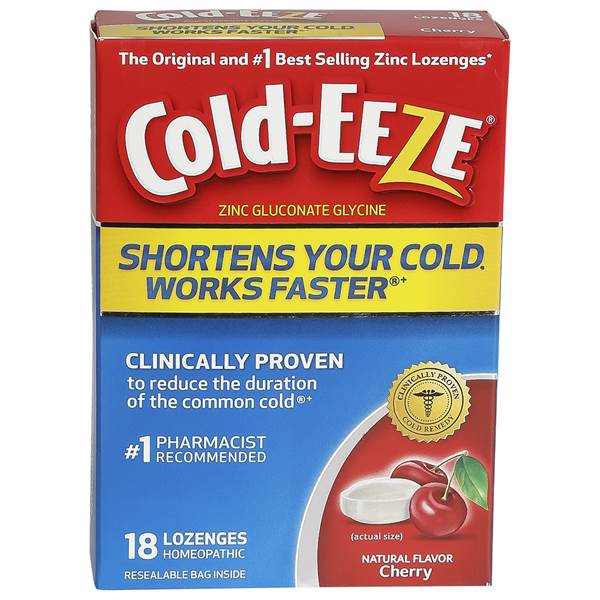Prophylaxis using hydroxychloroquine, zinc, vitamin D
Chloroquine
The media is presently telling you that quinine, chloroquine, hydroxychloroquine isn't useful as a treatment against COVID-19. Here's what's up...
Chloroquine is an ionophore that enables zinc to pass through the cell membrane. Once inside the cell, the zinc disrupts SARS-Cov-2 viral replication. No, I don't propose to explain how that happens; biochemistry is very complex. Even though I took classes in it back in university, I don't know stuff like that. I remember learning how bacteria and viruses work, but I don't know the molecular chemistry behind everything they do or fail to do.
Any trial of chloroquine that does not include the zinc for COVID-19 will fail. Such trials as have been conducted with media acclaim are in fact intended to fail: this is used to prove that chloroquine is ineffective and should be banned from all usage for COVID-19. But, chloroquine itself doesn't prevent virus replication; it's the zinc that does that. Absent the zinc—absent the potential cure.
Mahir Ozmen, a professor of surgery at the Istinye University, School of Medicine in Istanbul, Turkey, says he thinks the best way to use chloroquine is in combination with zinc and vitamins C and D. He is running a clinical trial, testing to see whether this combination protects health care workers and their immediate families—including his own. This is not possible in the United States where media and official forces are trying to taint or sabotage chloroquine trials to put the public off of chloroquine.
Zinc

You can obtain zinc from Zicam and similar anti-cold suppressants (they're lozenges that you suck on, but the active ingredient is zinc which tends to disrupt bacteria in your throat as it drains out of your nose and sinuses. However, to work its magic inside your cells during virus replication, it needs help from chloroquine. And the losange must not contain citric acid which binds to the zinc and renders it ineffective for absorption. It's unclear whether citric acid otherwise in one's diet also renders the intake of zinc ineffective.
5 Alternative Treatments for Colds and Flu: Do They Work?
However, ionic zinc supplements, liquid or pill form, are easier and less expensive.
On vitamin D
Vitamin D has proven to be extraordinarily effective in maintaining a good immune system. In fact, without sufficient vitamin D, immunity drops dramatically. Vitamin D is got from foods, but also synthesized in the skin under sunlight. Darker skinned people synthesize less since their melanine protects against too much sunlight (in their biologically native latitudes).
On vitamin C
In China, Italy and France, high dosages of vitamin C are advised because it heightens the immune system. Vitamin C aids in relieving the cytokine storm, which is when the body starts to attack its own cells and tissues rather than just fighting off the virus. Some patients experience—and die from—this; others do not (and survive).
However, in the United States of America, it is considered criminal even to discuss high dosages of vitamin C or D and it will get you punished if you're a medical professional in a significant or trusted position.